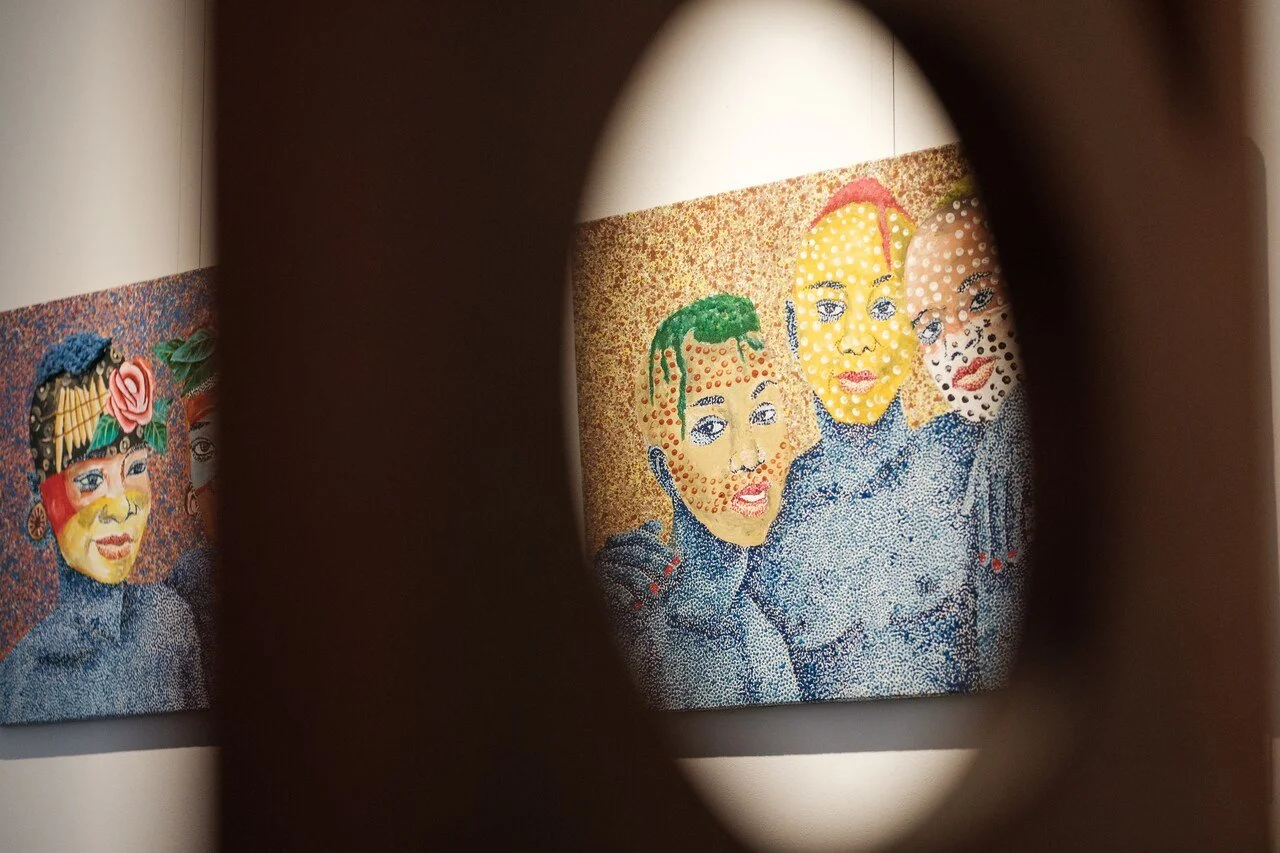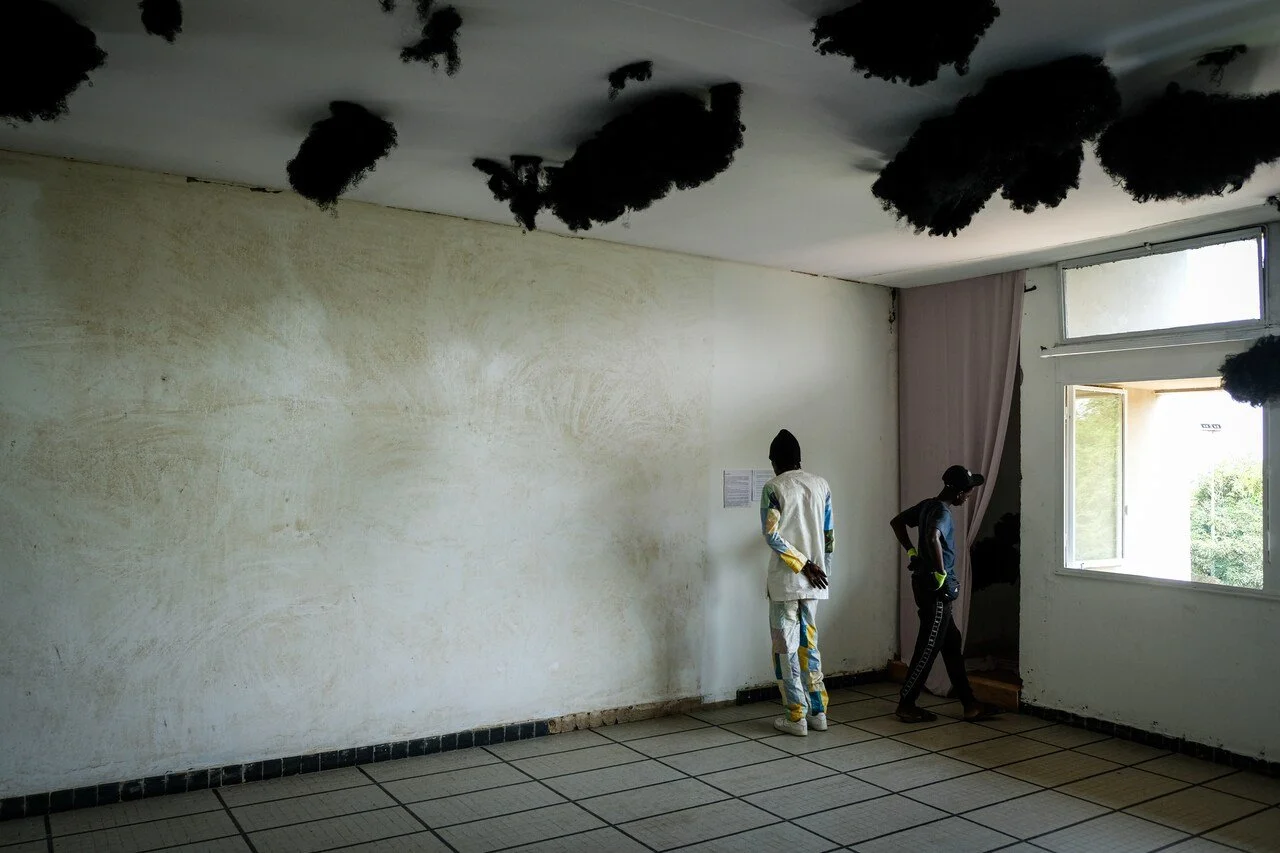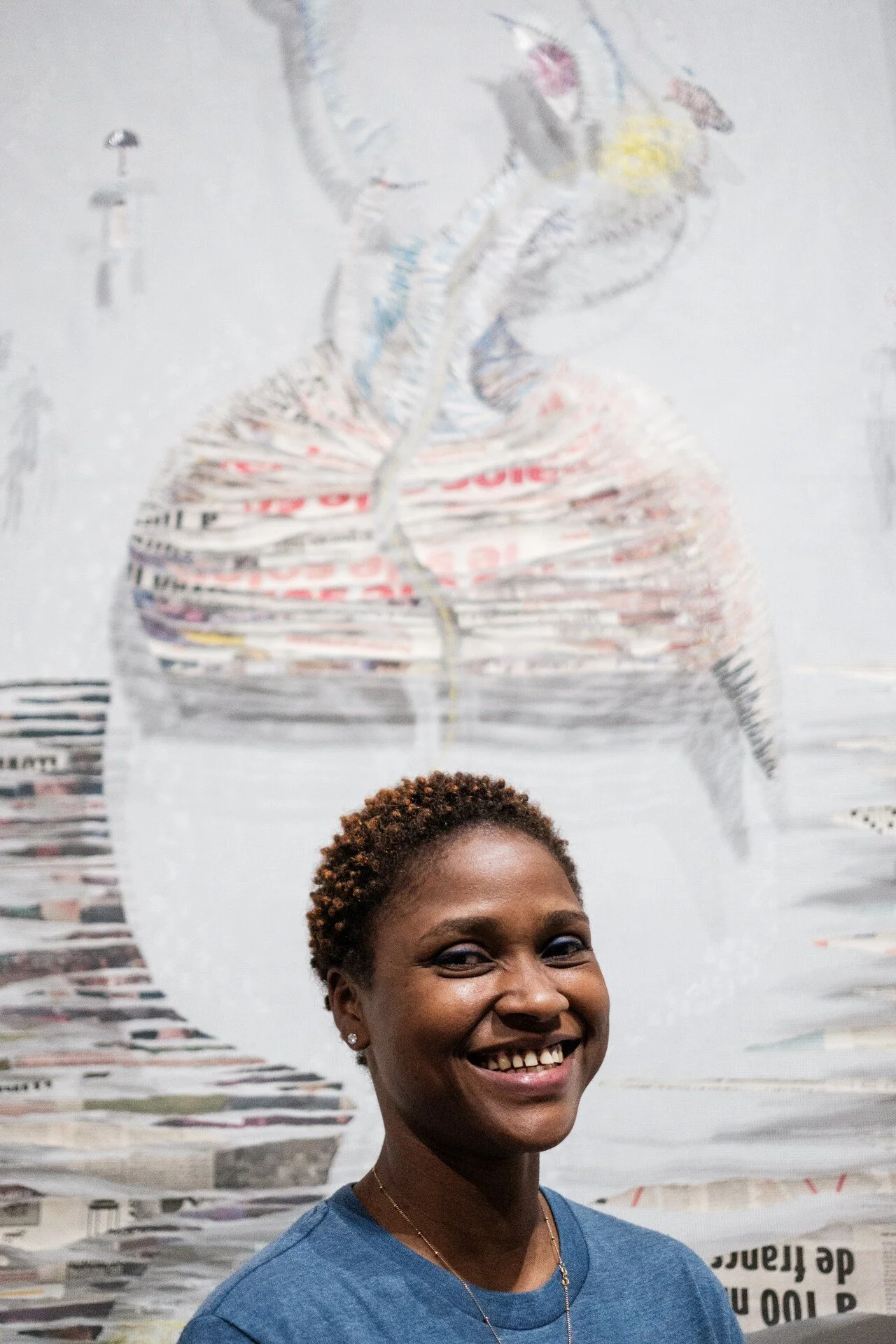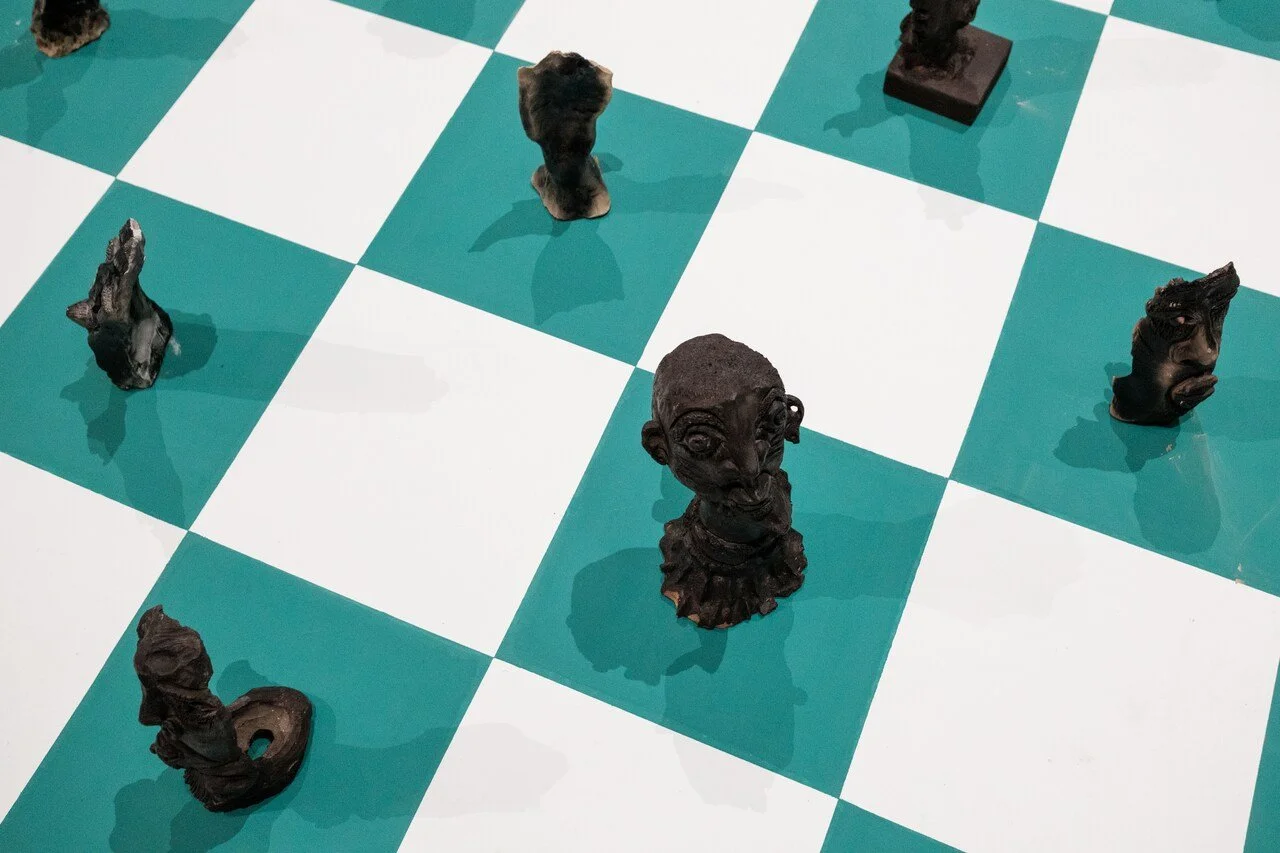“Your parents fought against apartheid,” a young woman wearing a Palestinian flag for a headscarf shouted at a long wall of police officers, “and now you are doing the opposite! This is exactly how it was like during apartheid!” On a field alongside Cape Town’s Seepunt promenade, thousands of demonstrators wearing Arafat scarves and Palestinian flags faced hundreds of police officers equipped with large plexiglass shields and bulletproof vests.
That same morning, an ‘interreligious prayer session’ had been scheduled to be held right here, in front of the stately apartment complexes of the predominantly Jewish seaside district. The Jewish organizer of the event wanted to show that Israel can also count on the support of South Africa. “For Zion’s sake we will not be silent,” could be read on their flyers, which were distributed via WhatsApp in recent days.
But as soon as those messages reached Cape Town’s large pro-Palestinian movement, thousands of demonstrators carrying Palestinian flags marched to Seepunt. Even before the prayer session could start, the handful of pro-Israel demonstrators were escorted from the field by the present police officers, who were fearing a violent confrontation. And so, buses full of pro-Israel demonstrators were forced to turn around.
Since the outbreak of the war between Israel and Hamas, demonstrations have been taking place almost daily in several parts of South Africa, while the government has also remained anything but aloof. “As a people and as an organization who have fought against an oppressive apartheid regime, we pledge solidarity with the Palestinian people,” President Cyril Ramaphosa said in a speech on October 15. Later, they filed an official charge against Israel for genocide at the ICJ in The Hague.
Through their own past of oppression, many people here stand firmly with the Palestinians. But there is also a large Jewish community in the country, and its members are increasingly fearing escalation.
Read the whole piece, written for De Volkskrant, here.




















































































